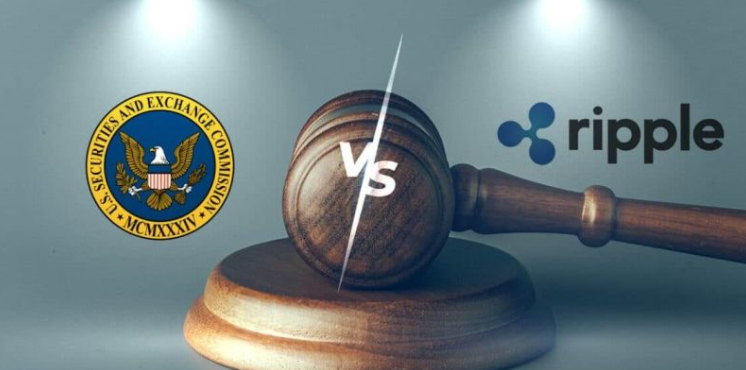After WW1 the economy was alive the workforce was back from war, paused projects were resumed and with the scent of victory still fresh in the air, innovation and inventions were rampant.
How did the banks respond?
By dishing out loans.
And how did the people react?
By not just taking these loans, but by investing them. They didn't just want to earn an income, they wanted to double it. And this is when stocks shot through the roof. The people, however, weren the only ones dumping borrowed money into the market. Banks themselves were also borrowing customer money to gain a piece of the pie.
The excitement and promise shielded many individuals from seeing some of the early warning signs of the Great Depression. The hype of the stock market led many amatuer investors to simply, follow the crowd, instead of doing proper research - and holding companies accountable to promises. Which is why, the events of Black Thursday on October 24th 1929 were so devastating and led to a crash that would go down in history as the start of the Great Depression.
Voltaire said, History doesnt repeat itself. Man does.
Perhaps, what were seeing now in the crypto market is less a prediction of the future and more a reflection of the past.
Ryan Rasmussen understands this better than most.
As a traditional banker with a background in Finance - including work with the prestigious Cetera Financial - Rasmussen saw the structures of traditional banking and wondered if DeFi could be the solution. Up until 2020, much of the crypto conversation was evolving around Bitcoin, but when COVID arrived, so did the discussion of decentralized finance. This sparked Rasmussens curiosity on the topic.
The system of banking is 100% in crypto - from trading, lending, borrowing and staking. Its the same. But DeFi is far safer, much easier and incredibly more powerful."
As with many early investors, the incentive to get involved in cryptocurrency was motivated by the earning opportunities - much like the behavioral patterns we saw back in the roaring 20s. However, as his industry knowledge increased, Rasmussen saw the unique value blockchain technology would bring - to both the provider and the person.
Many have identified 3 consistent ethics that make DeFi the way of the future.
1. Truthlessness
By moving banking to the blockchain, exchanges are made through Smart Contracts, not intermediaries, thus creating complete transparency. The precoded contract cannot be changed and both parties know exactly whats happening - and when.
2. Accessibility
While banks have introduced lengthy processes for loan approvals and geographical locations have contributed to wealth gaps, DeFi levels the playing field and makes its technology available to all.
3. Efficiency
Blockchain transactions happen 24-7, 365 days a year. Users are empowered to make their own decisions without needing to schedule a time with a teller and can access and evaluate their funds whenever, wherever.
In response to the current crypto conditions, Rasmussen notes that the drag in crypto value is hugging the prices in stocks, bonds and risk assets as well. The plummet is not exclusive to crypto. As paradoxical as it might seem, the crash is a positive sign for those that understand the natural pattern of finances - and the public behavior that influences these fluctuations.
Much of the hype surrounding the blockchain was driven by fan-based consumerism with little inspection and consideration for its true potential, utility and overall value. The dip were seeing now will expose the possibilities Web3 brings into the future.
Once people understand the technology, they dont walk out. Even in a bear market.
As an Asset Manager at Bitwise (a DeFi company), Rasmusen speaks about the unique strategies that havent just enabled the company to survive the difficult bear markets, but grown 3x the size during them.
We focus on using the bull market to prepare and build for the bear market. We have to stay sustainable.
This system of preparation is similar to what weve seen with the crypto-marketing agency, Influx Group. Both companies have turned to educational material and continual support for their customers when the market slows down. While more than 2,000 Web3 workers were laid off in one of the hardest weeks in the crypto market, both Influx Group and Bitwise breezed through with ease. We just move people from 0 to 1 when the market is slow. Thats it. The effectiveness of keeping things simple speaks for itself, as Bitwise - like Influx - has been able to show up for their clients even in rough times. These two companies understand the technology of the blockchain and recognize its advantageous resilience in comparison to traditional institutions. And while all markets appear to be in a slump, if the past holds any fortune-telling for the future, the rebound of crypto will be amongst the fastest in the market.
The consumer space is ripe.
While no one wants to be quoted for trying to predict the future, those that understand traditional financial patterns and behaviors - like Rasmussen - have an optimistic outlook for the days ahead.
For those hoping to successfully build communities, educate audiences and keep their network alive and engaged, Influx Group has prepared a unique software for guiding companies through current market conditions. You can learn more about it here.
By Savannah Holmes












